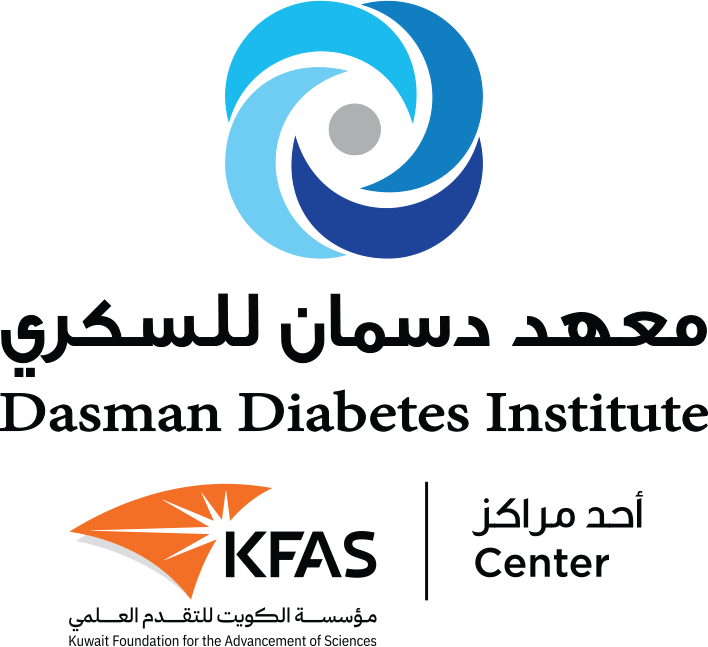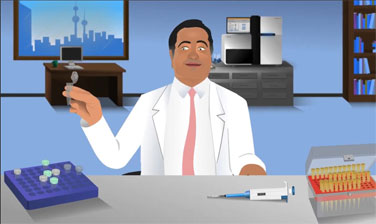Animal research has played a vital role in the development of almost every medical treatment used today. From antibiotics and blood transfusions to cutting-edge cancer drugs, much of the medical achievements of the past century have arisen from animal studies. Research using animals continues to make vital contributions to the understanding and treatment of many major health problems we face.
At the DDI, we are committed to the highest standards of research. We strongly endorse the principles of the “three Rs”, which entails taking every effort to replace the use of live animals, reduce the number of animals being used, and refine procedures to ensure degree of suffering is reduced to a minimum.
If a scientist believes that animal research is the only way to answer an important scientific question, they must first apply for internal ethical approval from the ACEC. No scientific procedure can be undertaken if there are non-animal alternatives available to answer the same question or if it may cause unnecessary harm to the animals. The ACEC is responsible for setting, maintaining, and overseeing the implementation of high standards for animal care and ethics in research throughout DDI. This committee ensures that all DDI projects involving the use of animals are scrutinized prior to their commencement.
Submission, Review, and Approval
Submission
The principal investigator conducting research shall submit an electronic Animal Experimentation Protocol (AEP) form to the ACEC coordinator at ACECcoordinator@dasmaninstitute.org.
The ACEC coordinator screens the protocols to determine that all questions have been answered and checks on the Occupational Health Program enrollment as well as training status of all listed personnel. The ACEC coordinator then forwards a copy of the protocol ACEC Chairman for pre-review.
The Chairman will conduct a preliminary review of the entire protocol with an eye to helping the investigator eliminate any stumbling blocks to approval by the full Committee. Suggested modifications are provided to the principal investigator (PI); the PI may choose to modify the protocol based upon the suggestions or may request that the protocol go forward in the approval process without change.
Review
The ACEC meets as required. A meeting will be scheduled within 3 weeks of an AEP submission. Copies of all protocols are distributed to the ACEC members prior to the ACEC meeting. The Committee meets, reviews and takes action on all protocols on the agenda.
Following discussion, protocols may undergo a vote for approval, require modification, or may be disapproved. Protocols with required modifications status are returned to the principal investigator for revision and presented at the next ACEC meeting for discussion of changes and approval (if required modifications have been made).
Approval
A majority vote of a quorum of the ACEC is required for protocol approval. If the submission fails to gain approval, the committee may require modifications in writing that can be approved by a designated reviewer or the committee may require modifications or clarifications in writing that must be approved by the full committee. If the committee votes to withhold approval, it will notify the PI in writing, stating the reasons. The PI will then be given the opportunity to respond in person or in writing, at which time the ACEC may reconsider the protocol, with documentation of the discussion in the committee meeting minutes.
The ACEC may suspend an activity not being conducted in accordance with the description provided by the PI. Suspension requires a majority vote of a quorum at a convened meeting of the committee.
Animals may not be procured until the protocol has been approved by the ACEC. Research involving animals may not begin until the PI is notified in writing that the protocol has been approved. Only those persons listed on the protocol are authorized access to the animal facilities. Additions or substitutions to this list require a protocol amendment.
Occupational Health Program
The Guide for the Care and Use of Animals (Institute of Laboratory Animal Resources, National Research Council) states “An occupational health program is mandatory for personnel who work in laboratory animal facilities or have substantial animal contact.”
All persons who have contact with animals, unfixed animal tissue, or infectious organisms must be made aware of the potential hazards of working with animals and of the procedures available at Dasman Diabetes Institute to prevent and mitigate such hazards.
It is the responsibility of the Principal Investigator (PI) of each Institutional Animal Care and Ethics Committee (ACEC) approved protocol to assure the ACEC that all workers under their supervision (co-investigators, staff, students, and volunteers) who have contact with animals have been informed of the potential dangers involved and are aware of the procedures available to prevent and ameliorate such hazards. Completing the tasks laid out in this program will fulfill that responsibility.
Occupational Health Program Handbook
Risk Assessment for Animal Contact Form
Training
All individuals engaged in laboratory animal research at Dasman Diabetes Institute, or under the oversight of the DDI ACEC, are required to complete practical and theory training prior to the engagement of animal research.
Animal Welfare Concerns
Dasman Diabetes Institute (DDI) promotes the highest standards of animal care and use, and is committed to the humane and responsible treatment of all animals being used for research, testing, or education. The Animal Care and Ethics Committee (ACEC) is required to investigate reports of suspected animal abuse or mistreatment.
If you observe or suspect animal abuse, mistreatment, or non-compliance with national regulations or non-compliance with an approved protocol, please report the incident.
The ACEC will investigate and evaluate concerns raised by anyone regarding the care and use of animals at DDI.




